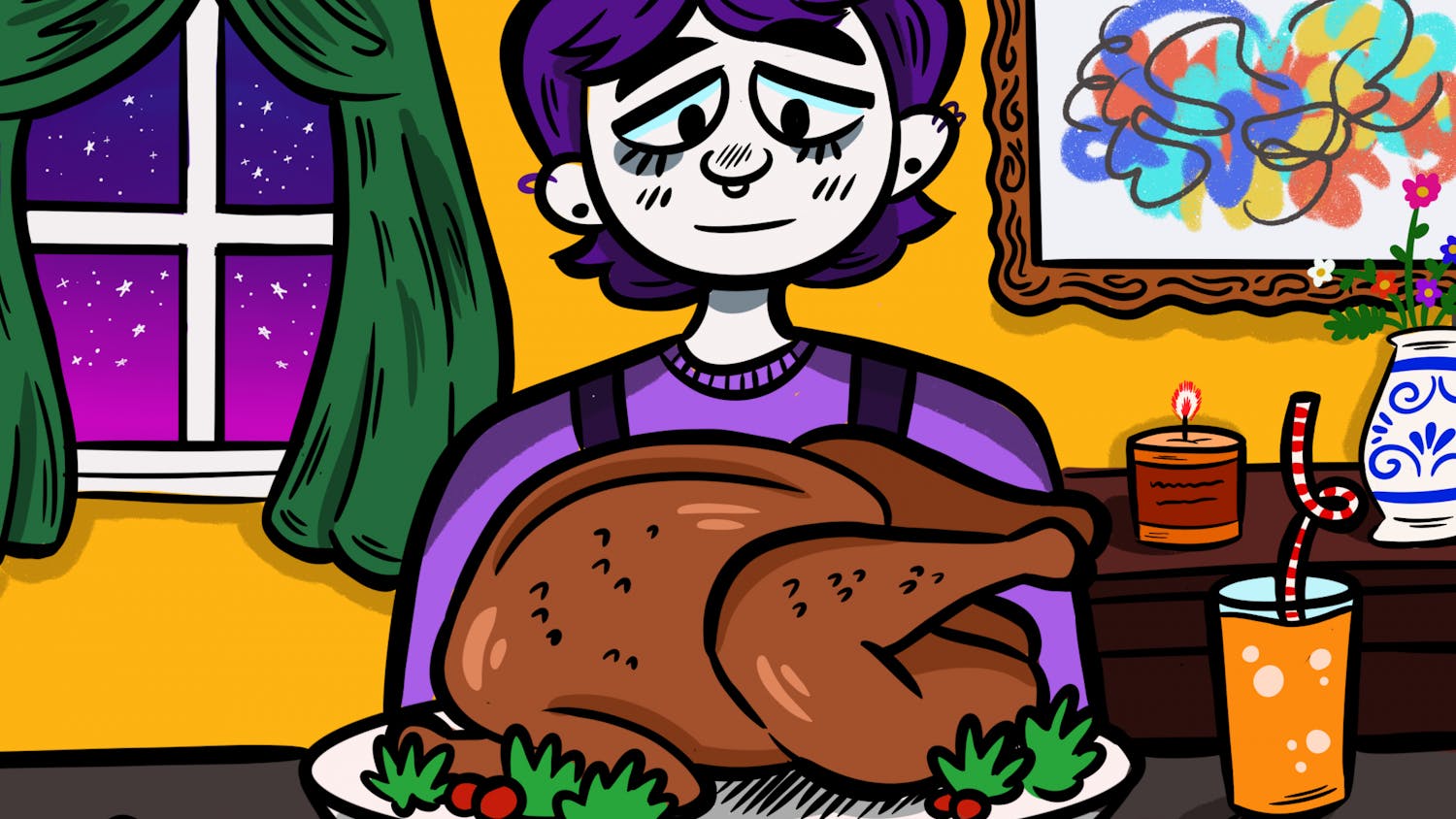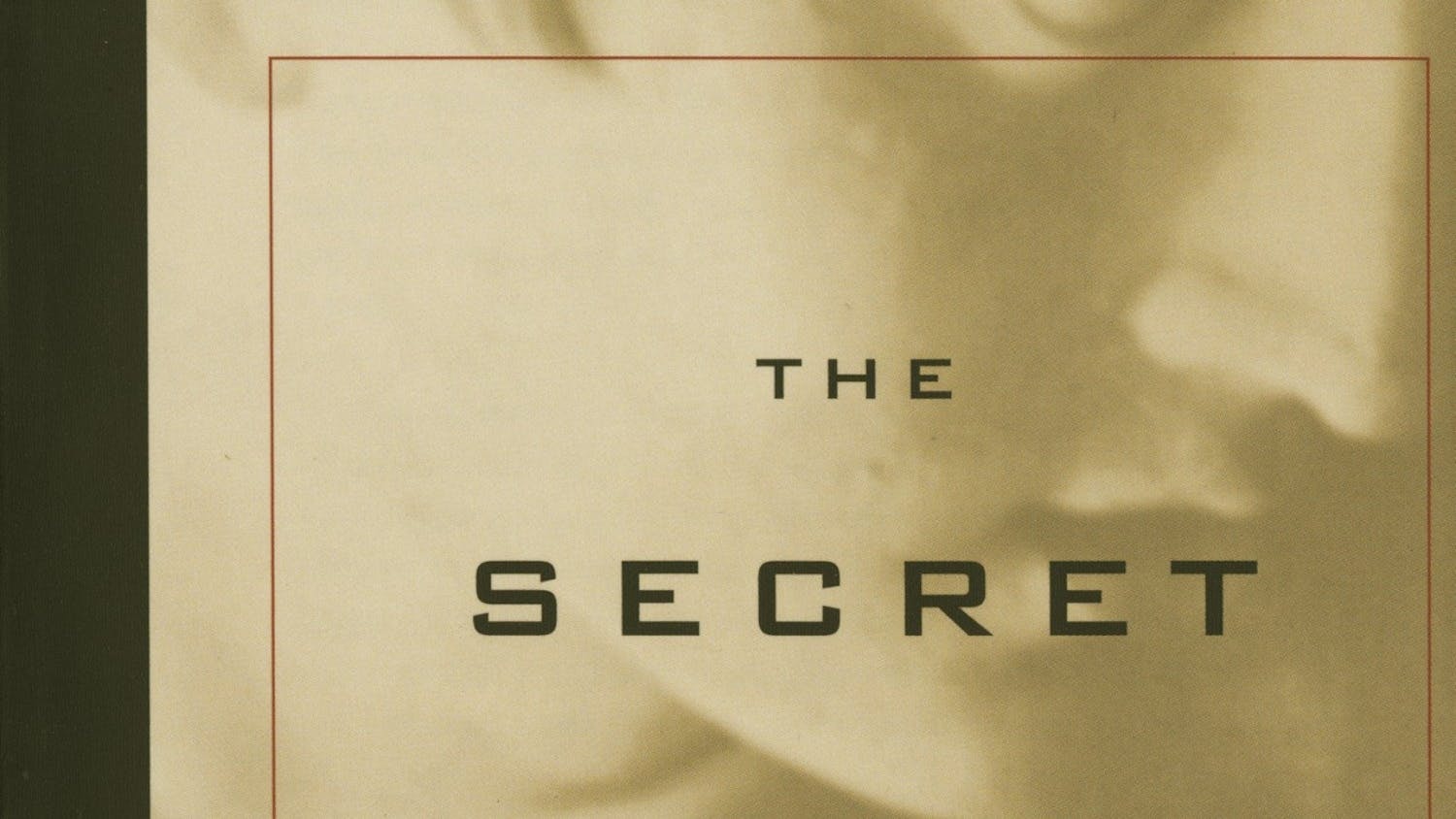The sun setting means different things for different people– time to pack up the blanket on College Green, time to head to the library for homework or perhaps time to grab dinner at Nelson Court. For Muslim Bobcats this month, however, it signals the time for Iftar, the meal eaten after sunset to break the day’s fast during Ramadan.
According to the Islamic Networks Group, Ramadan is the ninth and holiest month in the Islamic calendar. The Islamic calendar is based on the lunar year, making it 11 days shorter than the Gregorian calendar that dictates life within the U.S. and is based out of Catholic tradition. Because of this, when Ramadan occurs changes from year to year within the Gregorian calendar.
This year, Ramadan is observed from March 22 to either April 20 or April 21, depending on the moon sighting. During this month, Muslims fast between sunrise and sunset, refraining from eating or drinking throughout the day.
Sabiha Mahbuba, a second-year PhD candidate studying communication studies, said this month is holy because Allah – the Arabic and therefore Islamic term for God – said the afterlife and judgment day rewards for any holy deeds done within the month of Ramadan would be multiplied exponentially, as the gates to heaven are open while those to hell are shut closed during this time. This manifests not only in fasting, but in avoiding negativity or gossiping and seeking out good deeds.
“Reading a lot of Quran, doing those things (and) we also prepare food for our family but then we send it to our neighbors as well,” she said.
Mahbuba is originally from Bangladesh, and said the emphasis on food within Ramadan differs in the U.S. In Bangladesh, there is a large emphasis on sharing food upon breaking fast with neighbors; here, this breaking bread occurs through the mosque.
“Educational institutions are off, so they remain closed (in Bangladesh),” she said. “That’s why everyone in the household can eat a meal together. Here, it’s just juggling between studies and other stuff and then also eating.”
Sapta Abimanyu, a second-year masters student in Asian studies, said he had similar accommodations in getting days off during Ramadan in his home country of Indonesia.
“To be honest, like in Indonesia it is probably easier to do the fasting because many people are fasting, right?” he said. “But here not many people are fasting, you're in the middle of the semester and with the temperature you know, the weather sometimes is just super unstable.”
Hot days, he said, increase thirst while cold days often make him hungrier. While he said he enjoys the challenge of Ramadan being a minority practice in Athens, he noted geographical differences also complicated things.
In Indonesia, he said, the weather is much more consistent year-round due to its proximity to the equator. This affects the length of the fast each day, as he’s found the sun is up longer out during Ramadan in the U.S. if it falls during spring or summer.
There are other challenges and joys within fasting. Oum Nuh Koleno, a second year PhD candidate studying communication studies, converted to Islam about 11 years ago after a life-changing religious experience. Koleno had severe challenges thrown her way, but these events culminated in a moment of pure peace that allowed her to find her religion.
“I remember this feeling, like when you are on a train or you're in a car and all of a sudden there's this abrupt stop and you kind of jerk forward,” Koleno said. “I had that feeling but I didn't move. I looked up to my right and I saw that the leaves had stopped falling and I looked to my left and I saw that everything was just stopped, like I was literally pulled from time.”
Koleno said she heard a spoken language that was not any language known but one she understood telling her she was forgiven and loved. The final word she heard before she said the world began moving again was “salam,” the Arabic word for peace. When she ran back inside, she said she found her face was glowing. The next day, she went to the library and got a copy of the Quran and read it in less than two days.
“I said, ‘that’s it,’” she said. “This is what I believe.”
As a convert, Koleno did not grow up with the practice of fasting during Ramadan, so she said fasting can be a difficult adjustment.
“Me and my other friends who are converts … oh my goodness, Ramadan is a challenge for us and we're all texting each other like, ‘Sis, I'm dying this year,’ ‘Yeah, me too,’” Koleno said. “There's definitely that physical aspect.”
However, Koleno said the adjustment was a necessary and important one, which she was happy to make. During Ramadan, she also increases her reading of the Quran from about five pages in her typical routine to at least 20, as she hopes to finish the holy book in its entirety at least once by the end of the month.
However, Kolelno said she has noticed some students having to make sacrifices to their studies or their practice because of how Islam is a minority religion here. Koleno sits down with her professors at the start of the semester to explain how Ramadan will affect her work.
“It can be difficult if you don't open up lines of communication with the individuals that you're working with, and set reasonable expectations for those classes,” she said. “There is no way I am going to be reading 400 pages a week. That's physically not going to happen. That’s hardly realistic for me when I have a full brain and I’m eating during the day. That is absolutely not at all a reasonable expectation during Ramadan.”
Koleno said she also has some classes that stretch from 6 p.m. until 9:45 p.m., which disrupts when she needs to break fast and to pray. However, she feels grateful she is able to push for her rights, which she has heard not everyone feels able to do.
“I’m able to manage it better I would think than perhaps with some of my other peers, my other fellow Muslim brothers and sisters are able to because I know to ask for that,” she said.
Isan Thaheem, a PhD candidate studying educational leadership and public policy, said he has actually found Ramadan makes it easier for his schedule, as he does not have to work around mealtimes. He also feels Ramadan serves as a reset for observers.
“Fasting from dawn to just is like you are boosting your immune system,” he said. “My belly was full of stuff, I felt like I’m unhealthy. Now I feel myself more refreshed. My health is really increasing. My immune system is really increasing. I have no headaches … I have no stress.”
Koleno agrees that Ramadan is a reset. She said difficulties are often external and encourages any Muslim students to know their rights, but others should understand that most importantly Ramadan is a beautiful time of worship and inner peace.
“First and foremost, it’s an act of worship, … but digging into it even more for me personally, it is also a reboot,” she said. “It’s almost like you’re recalibrating your whole system, not just physically but also mentally and spiritually.”
Editor-in-Chief






